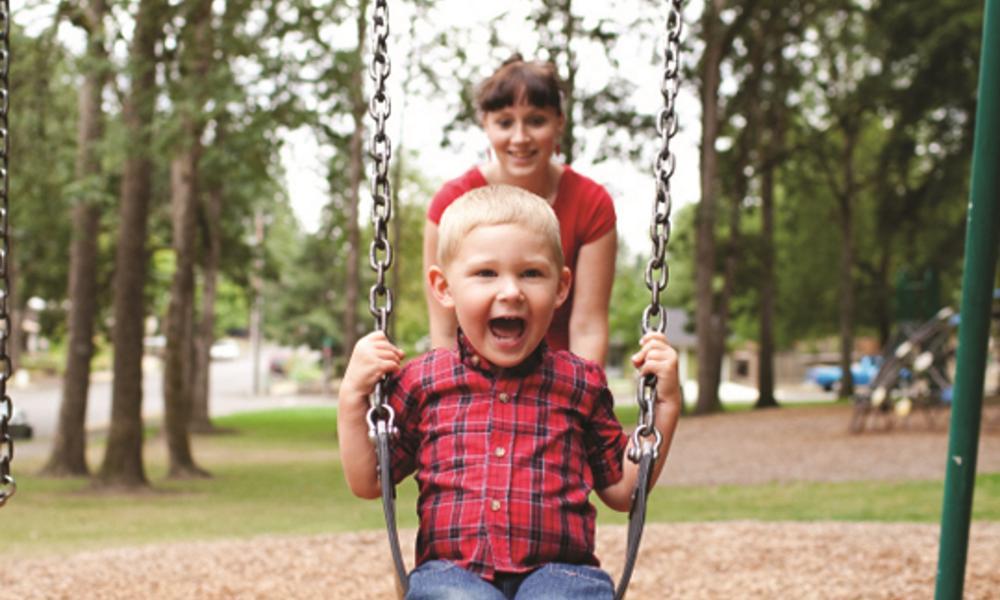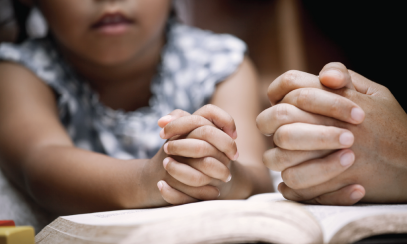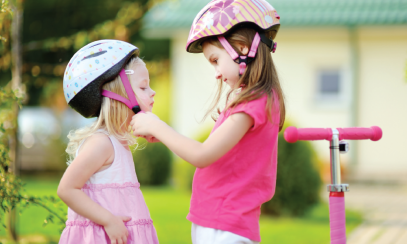
I Can’t Get My 3-Year-Old to Use the Potty
Q. My 3-year-old son is mature in every way but one. He just refuses to use the potty and is perfectly content with a diaper. I’ve tried everything I can think of – any suggestions to help train him?
A. First, say a little prayer for patience! When our daughter, Erin, was about 2½, she seemed ready for toilet training. She didn’t like the feel of wet diapers and she was eager to wear “big girl” underwear. Her coordination was good and we knew that she would be able to pull her pants up and down as long as we were careful with her wardrobe choices. We purchased a small potty chair and let her decorate the lid with “beautiful” stickers. Then we placed a plastic jar of M&Ms on a bathroom shelf and explained that Erin would get to pick one M&M each time she successfully made it to the potty. She happily agreed; candy treats were rare in our household. After the first bowel movement in the potty, she stared at it and then at us saying, “Two candies for doo-doo.” I wanted to burst out laughing, but I handed over the two M&M’s with a straight face. After a while, she forgot to ask for her treats and when the jar was empty, it wasn’t refilled – until Kaiti came along!
Mature in every way but one?
A mature preschooler is able to communicate his needs to you verbally. By 3, he is doing some things “all by myself.” This type of independence is generally a good sign of readiness for toilet training. But there are physical aspects, too. You probably have friends with children who have been trained for over a year! Remember that physical development varies. Just think, when they are teens, some of these boys will go through their growth spurts at 12 years and others at 15. Have your son’s physician check and make sure everything is on track. Let the physician know how long your son’s dry periods in his diapers last and whether the bowel movements are regular.
Using the Potty 101.
Our culture doesn’t have as much exposure to natural body functions as we did in the past. We don’t go to Grandma‘s house and see the horses in front of us pooping as they pull the carriage. Taro Gomi’s book, Everyone Poops, explains that since animals and people eat, they all need to poop. Your library has similar books geared toward preschoolers. Help your son understand the process. When he is with you in a bathroom, explain what you are doing out loud so that the sequence is modeled in a matter-of-fact way, just as you do for other skills. If you don’t feel comfortable with candy rewards, then stickers on a chart work well as a reward, too.



